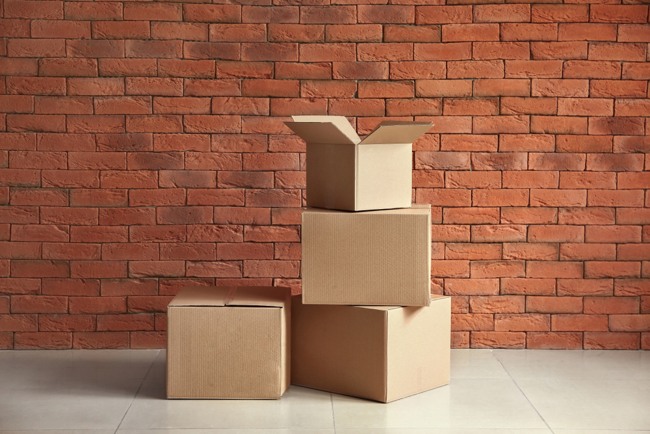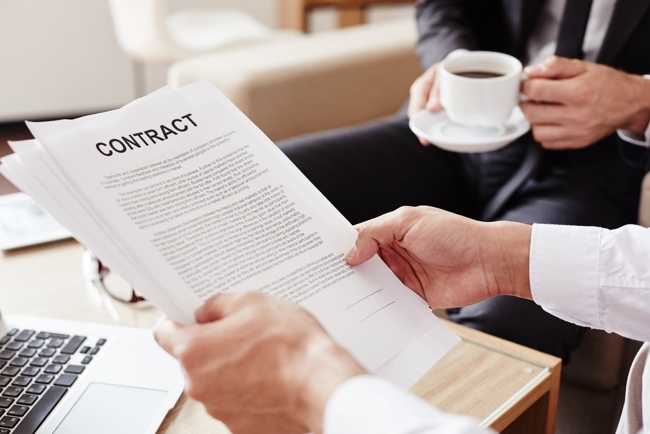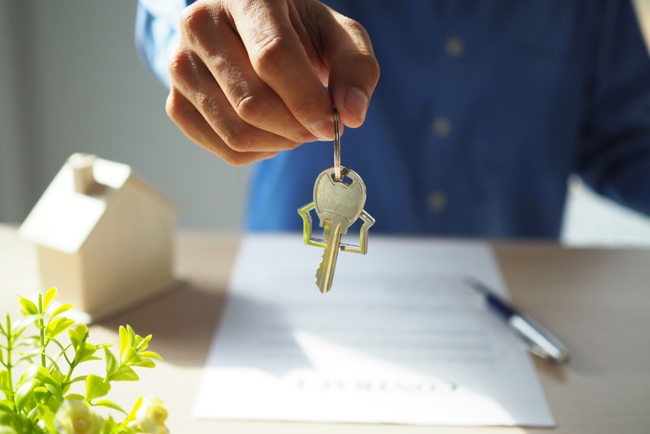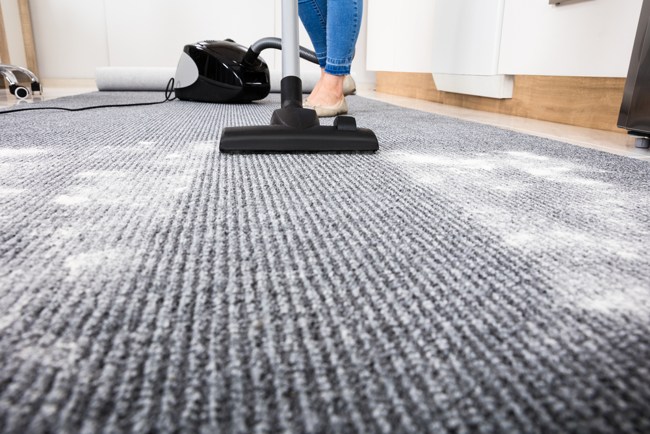Whether you have been renting a property (or a student let), you will know how stressful it can be when it comes to moving. There is always a concern that you may not be getting your deposit back at end of tenancy.
As a general rule, in order to have a better chance of getting all or most of your deposit back, you must leave the property in the same condition as when you moved in, which means leaving the property looking spotless.

However, bear in mind that there are some reasons why your landlord may refuse to give you the full amount of deposit back at the end of tenancy:
- If you owe rent
- If you’ve damaged the property in any way and haven’t made the appropriate repairs (e.g. a spill on the carpet or a mark on the wall)
- If you’ve lost or broken some items from the inventory (e.g. cutlery or mugs)
Beware that sometimes landlords try to take advantage of tenants, in order to prevent having to give them their deposit back. According to Citizens Advice, your landlord should not deduct money from your deposit for reasonable wear and tear. It is wrong for the landlord to:
- Replace a worn carpet with a new one if it’s worn out gradually over time
- Fix any damage caused by a repair they didn’t do when they should have (e.g. a leak you told them about that got worse and ended up damaging the floor)
- Decorate a whole room if there are a few scuff marks on the all that have appeared while you’ve lived in the property
So, in order to ensure you are getting all or most of your deposit back, here are some of our top tips.
How can I get my deposit back when I move out?
- Know your contract and your rights
- Give your notice in good time
- Make any necessary repairs
- Deep clean the property
Know your contract and your rights

When you sign your contract at the beginning of your lease, this is a legally binding agreement between you and your landlord. Make sure you read your agreement carefully and ensure anything you have agreed to in the lease has been done before handing over the keys. This is important, otherwise you may not get your deposit back, or in other cases, your landlord may take advantage of you and con you out of more money.
The rental lease will also tell you all the terms and conditions of your deposit, which will tell you what not to do if you want it back at the end of your tenancy agreement. The contract will also inform you of when you are allowed to leave the premises, which gives you a clear timeframe of how long you have to carry out any cleaning or cosmetic work.
Give your notice in good time

It is important to give your landlord the appropriate notice before you move out of your rented property – this time period is often written in your contract. Typically it is one month, but it can differ from landlord-to-landlord.
Bear in mind that some landlords may make you pay an additional month of rent or keep your deposit if you don’t give them the appropriate notice. So, always check your contract and abide by the rules set by your landlord.
Make any necessary repairs

Firstly, before you begin renting a property, it is important to make a note of any previous damage in the flat. To do this, carry out an inspection of each room with your landlord present and take any images or videos of the damage. If your landlord can’t be there, make sure you send them the evidence of damage at the beginning of the tenancy, so they are aware and can’t hold you liable. If you don’t do this, your landlord might use it against you and make you pay for any repairs by refusing to return your deposit.
However, if you have damaged the property in any way during your tenancy, it is well worth sorting them out to ensure you get your deposit back. Repair any issues in the property so the landlord won’t take it out of your deposit at the end of your agreement.
If you want to save some money, execute any simple repairs yourself. However, any issues regarding plumbing and electrics, make sure you leave to the professionals to avoid doing a botch job or causing yourself an injury.
Deep clean the property

To increase the likelihood of getting your deposit back from your landlord, you should give the property a deep clean before handing the keys back for an inspection. This doesn’t mean a quick hoover and dusting surfaces; give the property a thorough clean, such as cleaning the carpet, removing all built-up grease from the oven, cleaning windows and removing limescale. The aim is to make the property look as fresh as possible, so there is no need for your landlord to be disappointed.
READ MORE: End of Tenancy Cleaning Checklist – A Room by Room Guide
It is worth entrusting the help of a friend or family member to give the property an inspection once you have finished cleaning, to check everything is spotless before your landlord arrives. They may spot an issue that you might have otherwise missed, which could spell the difference between getting a deposit back.
If you are struggling to clean the property for any reason, it may be a good idea to hire a professional cleaning company that specialises in end of tenancy cleaning. Even though this means forking out extra money, it saves you some in the long-run, as you can recuperate the deposit you might have otherwise lost – especially when your deposit may be over £1,000.
